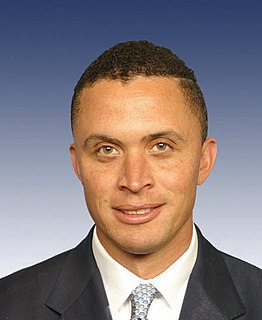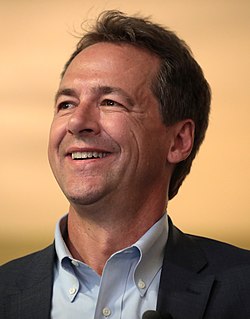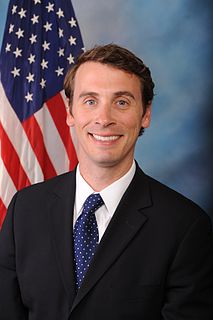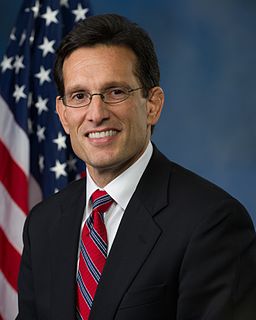A Quote by Jacob Weisberg
Where Republicans encourage popular myths about taxes, spending, and climate change, Democrats tend to stoke our fantasies about the sustainability of entitlement spending as well as about the cost of new programs.
Related Quotes
What does it mean when Republicans and Democrats alike warn us about the 'pain' involved in cutting government spending - in their spending less of our money? For the average citizen, what pain is there in his keeping more of his money to invest it the way he wants? Taxes cost people. Tax cuts do not cost government.
Well, you have the public not wanting any new spending, you have the Republicans not wanting any new taxes, you have the Democrats not wanting any new spending cuts, you have the markets not wanting any new borrowing, and you have the economists wanting all of the above. And that leads to paralysis.
Everybody complains about pork, but members of Congress keep spending because voters do not throw them out of office for doing so. The rotten system in Congress will change only when the American people change their beliefs about the proper role of government in our society. Too many members of Congress believe they can solve all economic problems, cure all social ills, and bring about worldwide peace and prosperity simply by creating new federal programs. We must reject unlimited government and reassert the constitutional rule of law if we hope to halt the spending orgy.
































